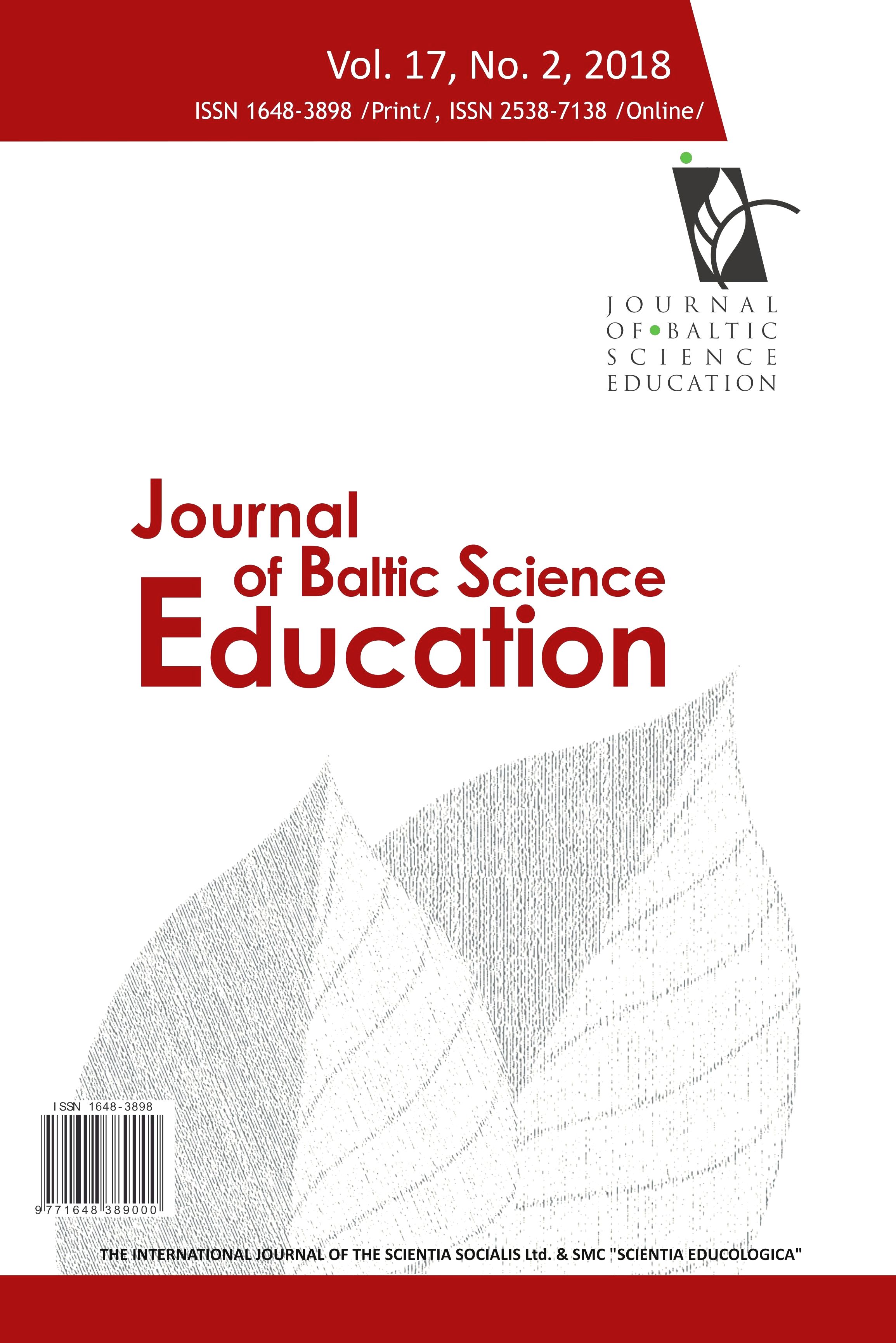HEURISTIC REASONING OF PRE-SERVICE SCIENCE TEACHERS IN CHEMISTRY TOPICS
HEURISTIC REASONING OF PRE-SERVICE SCIENCE TEACHERS IN CHEMISTRY TOPICS
Author(s): Mustafa UgrasSubject(s): Education, School education
Published by: Scientia Socialis, UAB
Keywords: chemistry education; chemical reasoning; intuitive judgments; science education;
Summary/Abstract: The aim of the present research is to explain how the heuristics utilized by the students in a multiple choice examination on the general chemistry subject of “chemical bonding theories and molecular structures” caused biases on intuitive judgment and decision making processes, using the three characteristics of associative memory (attribute substitution, fluency process and associative coherence). A mixed-methods approach, both qualitative and quantitative research methods, were used in this research. Therefore, both questionnaire and individual interview were utilized to collect data. The results of the current research demonstrated that the participants used 4 different decision making strategies. Detailed evaluation of these strategies demonstrated that most of the participants did not prefer the processes related to the use of chemical knowledge and thus, were not able to assess the target attribute. Furthermore, it was identified that most of the students’ decision making processes were dependent on one or more of these three associative memory processes. It was also determined by this research that the most dominant of these three associative memory processes is the fluency effect, since participants often prefer to use superficial features. The dependence of participants on associative memory processes caused various biases, so participants often responded incorrectly to questions.
Journal: Journal of Baltic Science Education
- Issue Year: 17/2018
- Issue No: 2
- Page Range: 343-356
- Page Count: 14
- Language: English

